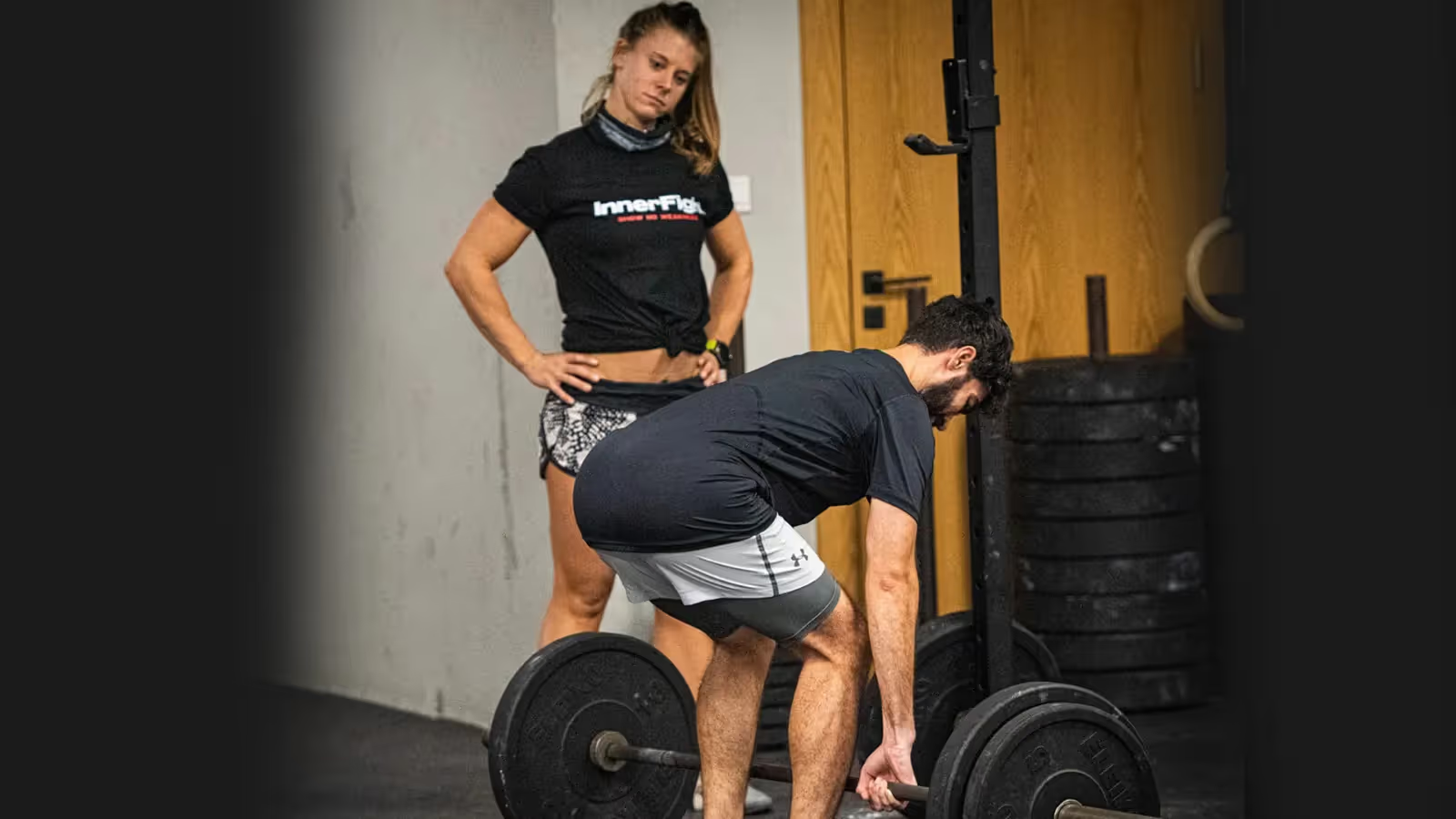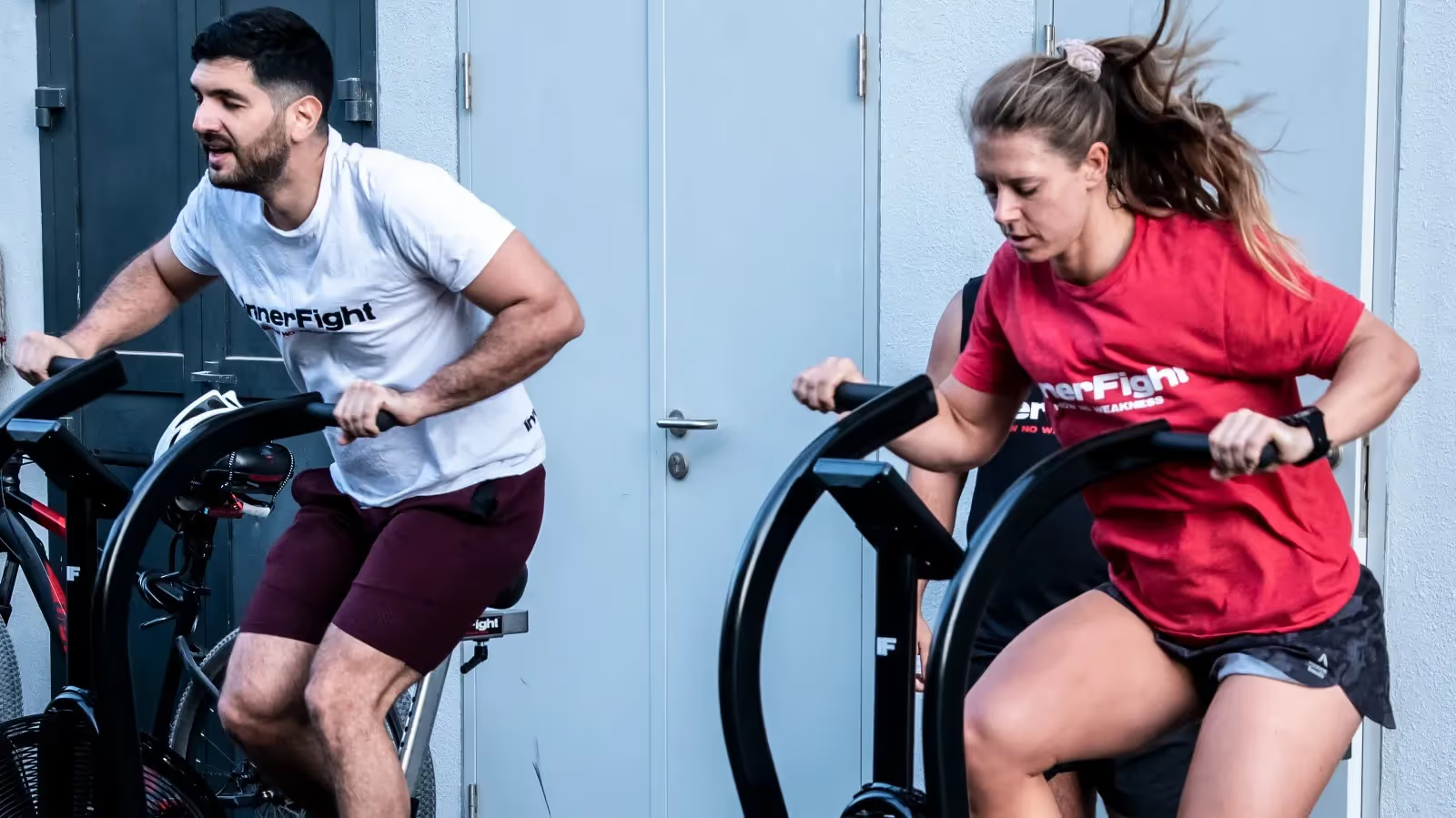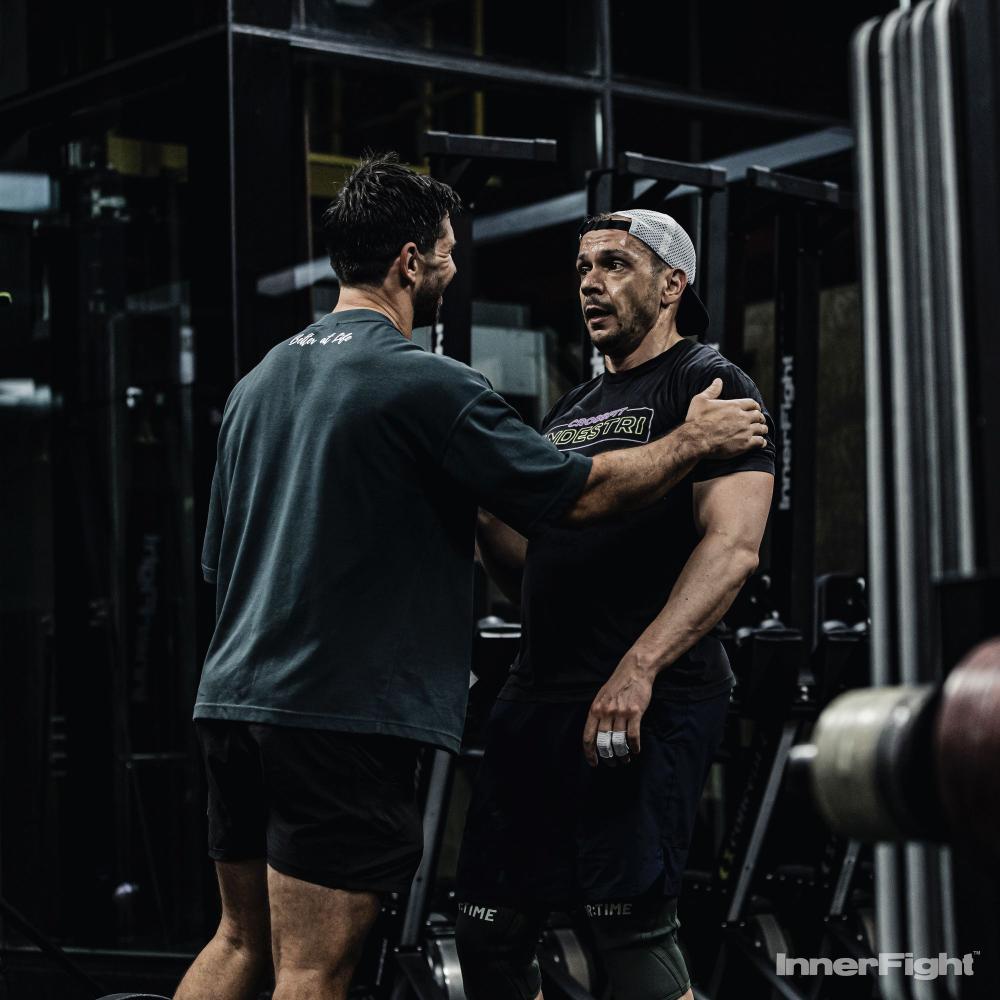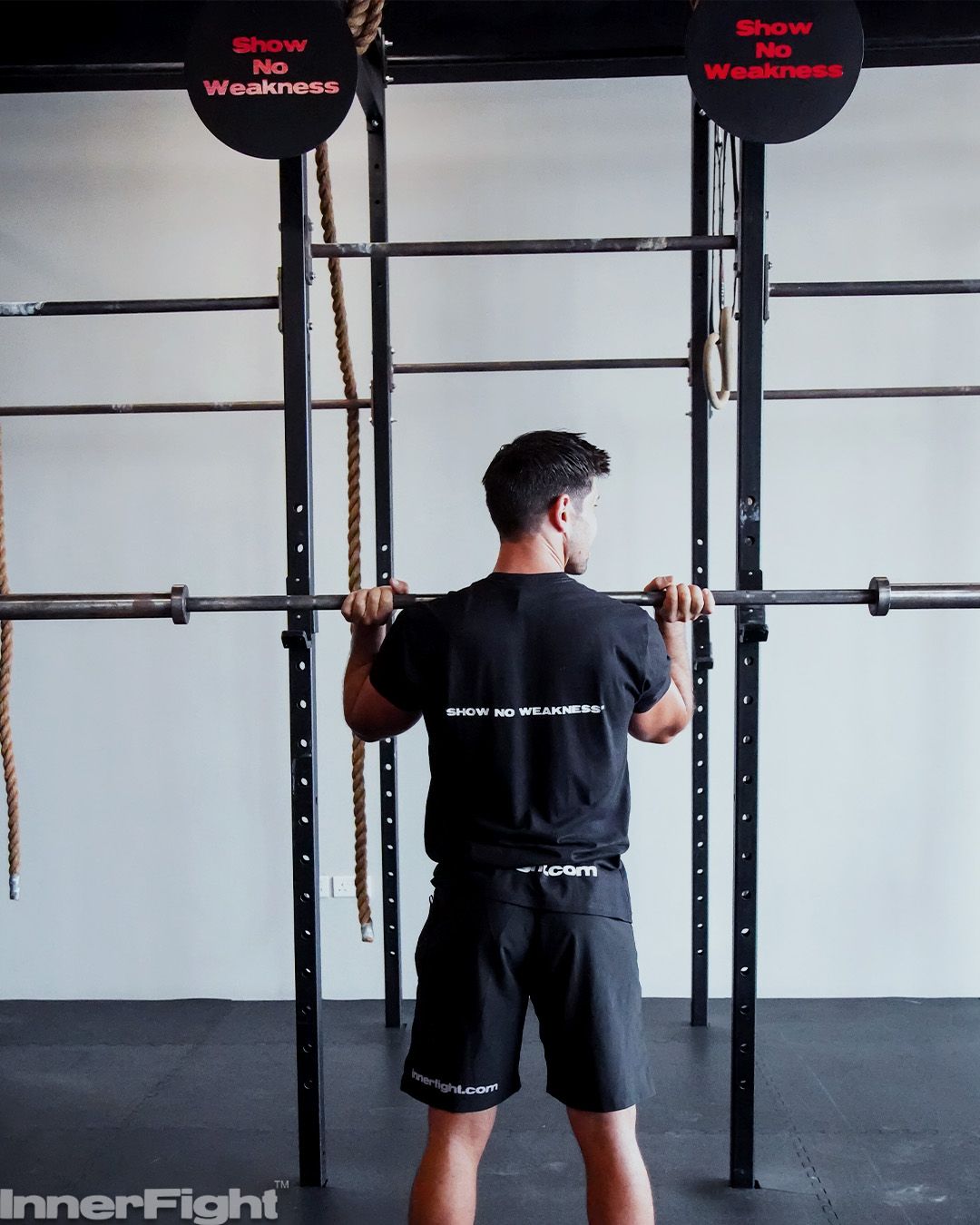The 4 Best Times to Workout During Ramadan

The best time to train during Ramadan may vary depending on personal preferences and circumstances. However, many Muslim athletes train outside fasting hours before sunrise or after sunset. This allows them to stay hydrated and fuelled with proper nutrition before and after training.

During Ramadan, if you want to do a typical CrossFit workout, the best times to train are before Suhoor (the pre-dawn meal) and after Iftar (the evening meal). These times are optimal because they allow you to fuel up on energy and hydration before training or replenish your body after training. It's also important to listen to your body and not push yourself too hard, especially during fasting.
If you are happy to adjust your training intensity, starting your workout before Iftar can be a good option.
Below I'll give you some of the pros and cons of each time with tips to optimise your session.
How to optimise your workout during Ramadan
Training just before Iftar (fasted state)
It has been demonstrated that resistance training (weight lifting) in a fasted state affects the post-workout anabolic response to weight training more favourably than training after a fed state, but only when a carbohydrate/protein/leucine mixture is ingested following a heavy resistance training session.
There is an ample amount of evidence that ingestion of protein after exercise will stimulate net muscle protein synthesis. This begs the question as to whether the daytime resistance training during Ramadan (i.e. fasted state training), might accelerate adaptations to training and ultimately result in increasing muscle mass, although the risk of dehydration and hypoglycemia may be increased.
Tip: Time your workout so you finish just around Iftar and can immediately rehydrate with a post-workout shake that contains a mix of carbs and protein.
Training after Iftar
Training just after Iftar can be a good option for Muslim athletes who want to refuel their bodies with nutrients and hydration after a day of fasting. This allows them to train with more energy and less risk of dehydration or hypoglycaemia. However, it's important to remember that the body may still be digesting the food from Iftar, so it's recommended to wait at least 1-2 hours after eating before starting a workout.
Tip: Choose easy digestible food to break your fast. If you want to exercise with more intensity then this is probably the best time for it.
Training at night
Training late at night, around 10-11 pm, can be a good option for Muslim athletes who want to prevent dehydration, hypoglycaemia, and possible drops in performance during fasting hours. However, it's important to keep in mind that training late at night may interfere with sleep schedules and disrupt circadian rhythms, which can have a negative impact on overall health and performance. Additionally, training too close to bedtime may affect the quality of sleep.
Tip: Stick to lifting weights and keep intensity moderate to low. This will allow you to fall asleep more easily.
Training before Suhoor
Training before Suhoor can be a good option for Muslim athletes who want to start their day with a workout and have ample time to refuel and rehydrate before the fast begins. This allows them to train with energy and focus, without the risk of dehydration or hypoglycaemia during the workout. However, it's important to keep in mind that waking up early and training in the morning may not be suitable for everyone's schedule.
Tip: Wake up early enough to allow ample time for a light pre-workout meal and hydration. Focus on low to moderate-intensity workouts such as cardio or mobility exercises to avoid excessive fatigue during the day.
Closing thoughts
Remember to stay hydrated, eat nutritious foods during non-fasting hours, and get enough rest to support your body during this holy month!
Fun - Honesty - SIMPLICITY - Smash Life - Mental Toughness - Hard Work






.jpg)
.avif)

.jpg)
.jpg)
.avif)
